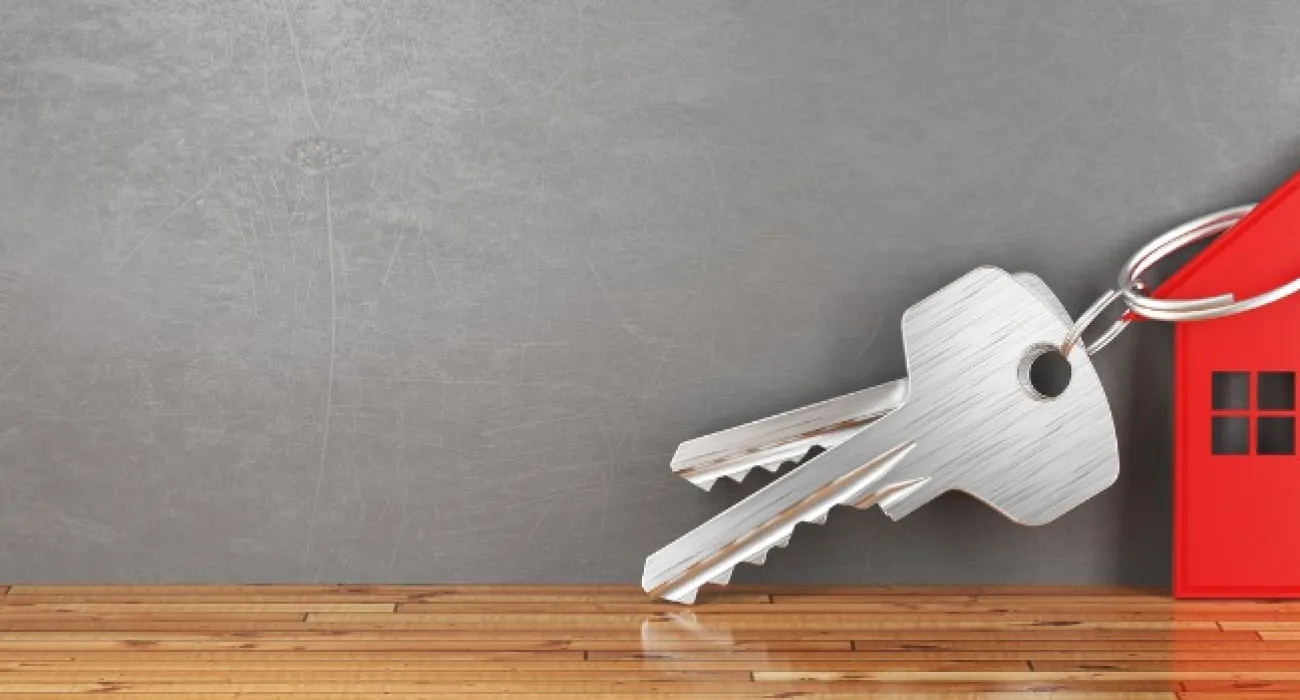Can You Use Your Retirement to Buy a House?
If you are considering a home purchase, you might be wondering if you can use your retirement plan, your 401(k) or IRA to buy a house. The short answer is yes, but how might this affect your finances overall?
The 401(k). In return
for giving you a deduction on the money contributed to a plan, and for letting
that money grow tax-free, the government severely limits your access to the
funds. You are not supposed to withdraw funds until you turn 59 ½ — or age 55 if
you've left or lost your job. If neither is the case and you do take money out,
you'll incur a 10% early withdrawal penalty on the sum withdrawn. Account
holders will also owe regular income tax on the amount taken (as they would
with any distribution from the account, whatever their age).
Still want to use your
401(k)? Your options are:
- Take a loan
- Withdraw the money
- Access other types of retirement accounts
The loan. When you take out a 401(k) loan, you do not incur the early withdrawal penalty, nor do you have to pay income tax on the amount you withdraw, but you do have to pay yourself back and to pay yourself interest. The interest rate and the other repayment terms are usually designated by your 401(k) plan provider/administrator. Typically, the maximum loan term is five years. However, if you take a loan to buy a principal residence, you may be able to pay it back over a longer period than five years. Check your plan's guidelines.
Keep in mind that
although the repayments are being invested in your account, they don't count as
contributions., i.e no tax break for you—no reduction of your taxable income. And
of course, no employer match on the repayments. Some plan providers may not
even let you make contributions to the 401(k) at all while you're repaying the
loan.
Withdraw money. Technically called a hardship
withdrawal, the IRS allows it if
the money is urgently needed for, say, the down payment on a principal
residence.
You are likely to
incur a 10% penalty on the amount you withdraw unless you meet very
stringent rules for an exemption. And you will still owe income taxes on the amount of the
withdrawal.
You're only limited to
the amount necessary to satisfy your financial need, and the withdrawn money
does not have to be repaid. You can start replenishing the 401(k) with new
contributions deducted from your paycheck. Ironically, borrowing
from your 401(k) could affect your ability to qualify for a mortgage. Although
you owe money to yourself, it still counts as debt in the eyes of a lender.
Other retirements accounts.
Unlike 401(k)s, IRAs have special provisions for first-time
homebuyers— according to the IRS,
people who haven't owned a primary residence in the last two years.
First look to take
a distribution
from your Roth IRA, if
you have one. You can withdraw your Roth IRA contributions if your plan allows distributions from
accounts due to hardship. You can also withdraw
up to $10,000 of earnings tax-free if the money is used for a first-time home purchase.
The next choice might
be to take a distribution
from a traditional IRA. As a first-time homebuyer, you can take a $10,000 distribution
without owing the 10% tax penalty, although that $10,000 would be added to your
federal and state income taxes. If you take a distribution larger than $10,000,
remember that a 10% penalty would be applied to the additional distribution amount. It also would be added to your
income taxes.
Now, here's a plus side to the year 2020: the CARES Act. This Act allows a distribution from a 401(k), 403(b), or IRA, regardless of age, up to $100,000 until December 31, 2020. The money can be used as needed, without penalty. There is certain criteria to meet, and keep in mind all distributions will be treated as taxable. Discuss with your Private CFO® the details of the CARES Act to determine if this option fits your particular financial situation.
The bottom line:
- Best use of 401(k)
funds for a home would be to satisfy an immediate cash need (e.g., earnest
money for an escrow account, down payment, closing costs, or whatever amount
the lender requires to avoid paying for private mortgage insurance)
- Taking a loan from
your plan could affect your ability to qualify for a mortgage. It counts as
debt, even though you owe the money to yourself.
- If you need to take a
distribution from retirement savings, the first account you should target is a
Roth IRA followed by a traditional IRA.
- If those IRA's don't work, then opt for a loan from your 401(k).
- The option of last
resort would be to take a hardship distribution from your 401(k).
Contact your Private CFO® to determine if using your retirement plan to purchase a home is the best "move" for your financial future!
If you would like to receive more information on making smart money moves for your future, be sure to contact us today!




